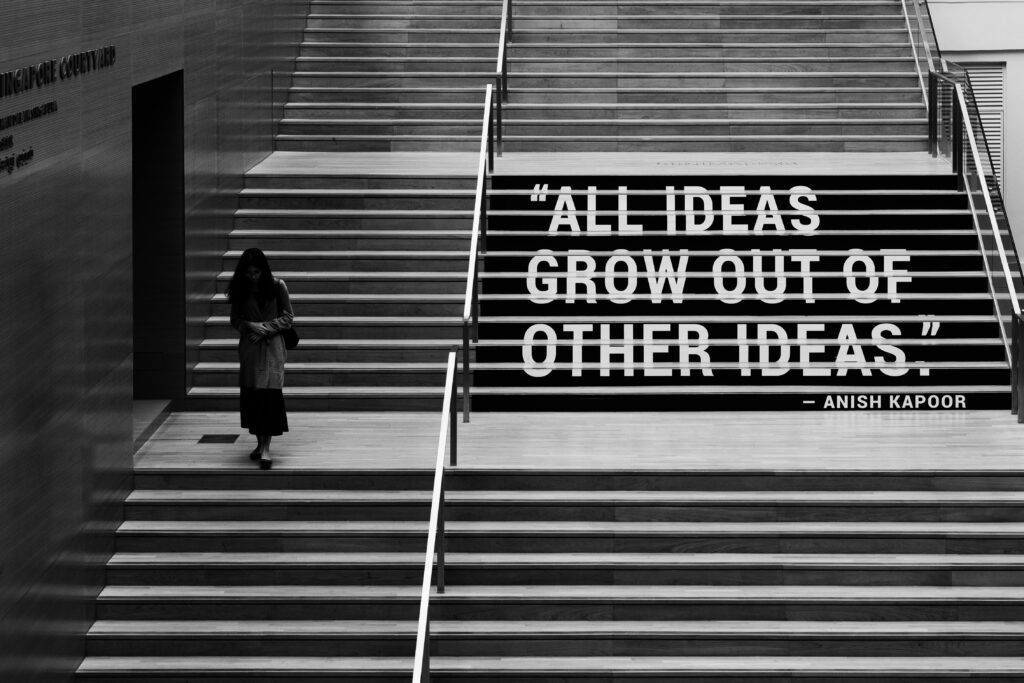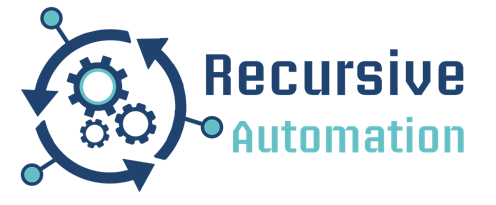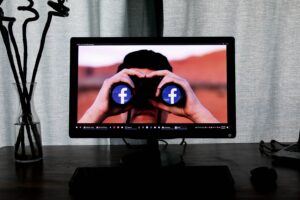
Spending any time reading about Personal Knowledge Management Tools (PKMs) is exhausting … opinions fly as “expert” opinions, people complain about one thing or the other, but it all boils down to:
- Roam is the tool for coders trying to build out the “OS of the mind.”
- Obsidian is the tool Roam users were looking for and the tool you should use if you care about privacy and content creation.
- Notion is the tool that teams use to share knowledge and to build products.
In this video, Linking your Thinking makes a compelling point that writers should use Obsidian. He suggests that while Roam is an excellent outline tool, Obsidian, with the implementation of Folders and Pages, writers can produce long-form content more consistently. I admit, as someone who has been trying to blog more, Roam is not the tool that I use for my long-form writing but as a tool that I use to link my long-form writing to other blocks in my overarching outline.
Considering Obsidian is just the beginning of the change in my thinking of PKM tools. I’ve started following new accounts on Twitter, used Notion for a collaborative project, and have started to question my commitment to Roam.
When I came across this Twitter thread that discussed “Things learned at school that I’m still unlearning,” my thinking shifted again. While the entire thread is excellent, I realized that these tools are not helping the way we learn in general. We don’t need to worry about the PKM tool as much as we need to think about why we are building our PKM and the eventual purpose of collecting this material.
Here are some great quotes to illustrate my point.
Knowledge can only be learned through “book learning”

In today’s world, we discover things through the internet. The two most significant search engines are YouTube and Google. Even with books available to us, we mostly read articles online and watch videos. Transcribing or copying and pasting from those sources to Personal Knowledge Management tools without a method to re-surface them is simply storing knowledge.
Our daily consumption includes many other digital sources: TV, podcasts, TikToks, Twitter threads, etc. Sometimes this content is used to waste time or escape from reality. Still, media consumption is just as much an influence on our daily thoughts and worldview as any content that we consume for “education.” Maybe we don’t have to take copious notes, but we should still track it to see where new ideas occur.
Collaborative and Cooperation is Cheating

Our Personal Knowledge Management Tools are personal. We put stuff together and create backlinks between our evergreen notes and processed notes that make sense to us. Some creators and writers put the stuff together into blogs, and we share that, but the work that goes into that creation isn’t there, just the final product. Since you and I can come to similar ideas from different angles, the work and pruning of ideas are just as crucial as the presented product. Why else would we love to see the Director’s cut as opposed to the Editor’s cut? The journey is the critical part, the place where you can create the most fodder for thought. Our PKM should have the capability to share these crucial parts … not just the blog posts.
Obsidian has a “share” feature, but it’s a window into our work, not an open door. You can see but very rarely touch. Roam does feature the ability to share your graph, but then it’s a collective thought, not collaborative (i.e., the ability to censor others’ content doesn’t exist). As anyone will tell you in the real world, collaboration can create a synthesis, but new ideas come from personal rumination. It would help if you had a tool that does both.
External Sources should decide what your ideas are worth

Discovering new ideas is a laborious process. New ideas need time and passion. I have a hard time figuring out what my passion is as I consume new ideas every day. If you ask me on Monday, I’ll tell you something completely different than if you ask me on Friday. As I read more and more and accumulate more notes and thoughts, I need to find a way to bridge those ideas together, which becomes more complicated the more and more content that I put into it. Obsidian and Roam’s input is user-driven and is limited to what you put in them. An actual “second brain,” would help direct us to possible linkages to spend our time thinking and not searching for backlinks.
For example, this article is the combination of three different inputs:
- A Todoist Task of a video about Obsidian and Roam
- An aimless Twitter scroll
- An invite to the OpenAI Beta (for Natural Language Processing)
How could anyone have thought to assign me this article? Who would have surfaced these connections organically? Who feels guiltless about scrolling Twitter? We have to give ourselves the freedom to consume … with the ability to mine those resources later. Natural Language Processing and node-based databases can be the bridge to surface new content. I’m not asking the computer to find the connections; I’m asking them to suggest them.

Personal Knowledge Management vs. PPS vs. Second Brain
In this previous article, I wrote about why PKM and Personal Productivity System are two different things and how to bridge them. I got personally overwhelmed when I started writing about what I wanted my PPS to do. I think the first step is a Second Brain. An unsupervised learning model that we begin to fuel with our PKM databases.
This Second Brain product should be something that:
- Mines our Content Consumption
- Surfaces content when we are consuming related material
- Consumes our thoughts and content and creates new suggestions of topics to explore, and provide a way to workshop our ideas to other members of our community
- Bridges the Gap between ourselves and our “team” and creates new connections between the nodes we create together
The current PKM wars are happening at the collection level, i.e., tools facilitate connections or content. We need a tool that generates possible links for us to expand. Perhaps that tool is tactile. Maybe it’s a Python Script running somewhere. Maybe it’s a combination of all three.
I don’t think it matters what tool you use … you should be using it differently.


